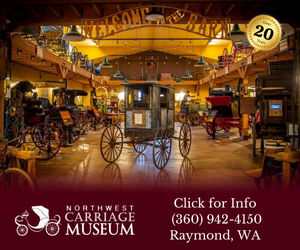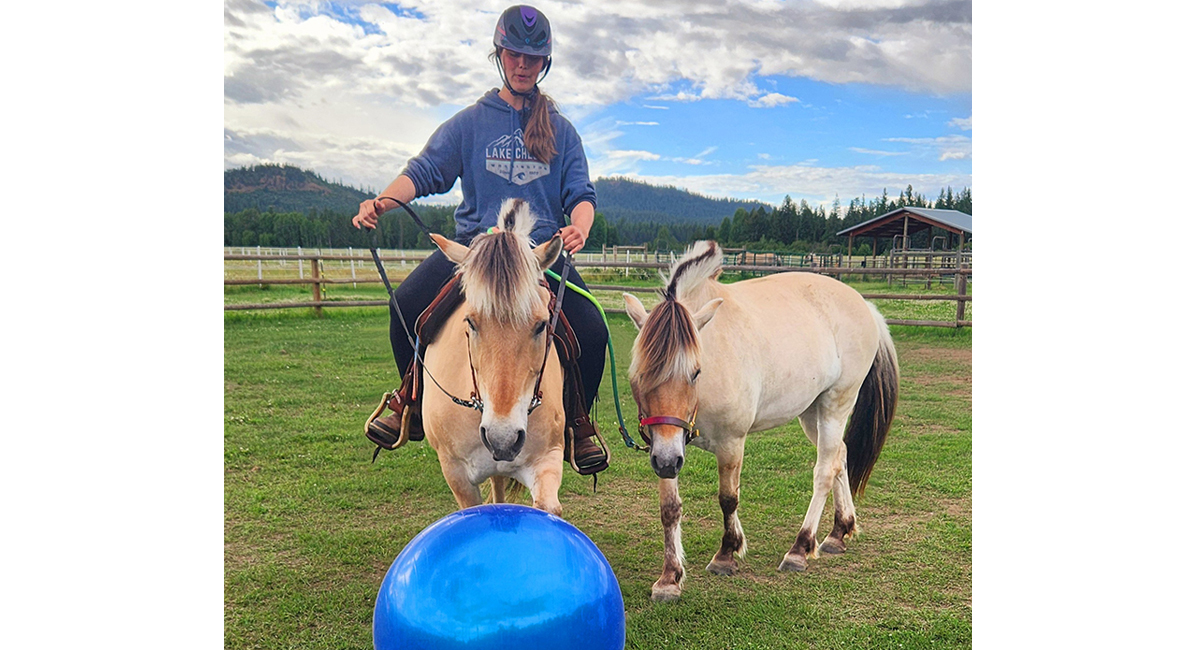What Would Make You Stop Riding?
I used to bounce when I came off my horse, and I rarely came off. This year though, I’ve come off two times too many, and the second time I knew immediately my arm was badly broken.
As I sat on the ground after toppling off bareback from a minor spook, I assessed my situation. My left arm hurt bad, and it wasn’t lifting when my brain told it to. Luckily, I was at home, and was able to walk in the house cradling my bad arm with my good arm. My husband rushed me to the emergency room while my son put my horse away.
I had surgery the next day, resulting in a “bionic” arm with some added hardware. But the surgery caused an angry nerve and my wrist and fingers on that hand no longer opened or lifted. If that became a long-term condition, it was going to make it hard to tack up my horse. That could be an existential crisis. What if I couldn’t or shouldn’t ride?
Luckily, the nerve problem resolved with time, and the bone is healing nicely as I write this. But it really did make me ask myself: when is the right time to hang up the helmet? When is the right time to keep your boots on the ground?
What Would Make You Stop Riding?
I started talking to my friends “of a certain age”, and a few younger folks too, to ask their perspective on this question. What would make them stop riding?
A younger trainer friend said that if you can’t afford to fall off, you shouldn’t be riding. For example, if you have weak bones, or another condition that might make a fall catastrophic, don’t ride. Because as hard as we try to avoid them, falls happen. Yet, I know women with osteoporosis who still ride. They refuse to give up their passion.
I have another friend who is an eventer. Since I’ve known her, she’s had one bad concussion from coming off a bolting green horse, and most recently a broken rib and collapsed lung after falling off during a jump refusal. Unplanned dismounts at speed can really hurt! We compared notes on our recent injuries. She said she was back on her horse in five weeks. I told her that I was following my doctors’ recommendations and staying off my horse for yet another month, a total of 12 weeks. That was my first mistake, she said, asking my doctor’s opinion. That friend is tough.
A third friend, a senior citizen like me, had a catastrophic accident when her horse collapsed and fell on her, and the horse couldn’t get up. Her leg and arm were badly damaged, and it took a long time to heal. That would have given me pause, especially since her aged horse had to be put down due to a nerve condition. But did she quit riding? No, she bought a young green horse and started over. They are becoming great partners, and the horse is very calm. She picked a good one.
When I told my non-horsey friends about my latest broken arm, they thought I was crazy to continue riding. In contrast, my horsey friends simply asked, how soon can you get back on? It’s a difference in perspective and passion. I know there will come a day when I arrive at a trail junction where one direction is riding, and one direction is dismounting. Each rider at that branch in the trail must make their own decision, and each of those decisions will be correct.
For me, right now, I can’t wait to get back on my horse, but I plan to be more careful. My horse Vali is a good horse. I might decide to hang up my helmet when he gets too old; I may not want to start over with an unknown horse. Luckily for me, Fjord Horses tend to live a long time and are tough—much like some riders I know.
See this article in the September 2024 Online Digital Edition:
September 2024

Michelle Eames’ first book, Riding Lessons: Things I Learned While Horsing Around, is a mostly humorous memoir that tells the story of Michelle’s journey with horses, and the numerous lessons the horses taught her. She describes her horsemanship adventures, mistakes, and mishaps with humor, humility, and even a bit of poetry.
Michelle lives on a hobby farm near Spokane, Washington. The farm includes two horses, two barn cats who want to be house cats, a few chickens, and a husband. When she isn’t writing, riding, or shoveling manure, Michelle spends her time gardening and repairing vintage sewing machines to keep them out of landfills.
Michelle writes about a broad range of topics, from biology to horsemanship to wildfires. Visit her blog and learn more about her writing at MichelleEames.com.






